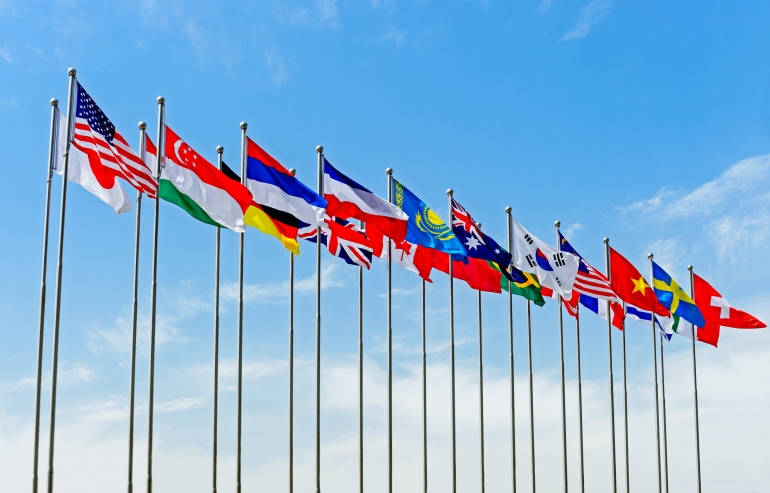4 September 2020
By Jayne He
On 31 August 2020, Mr. Roberto Azevedo left his role as the Director-General of the World Trade Organisation (WTO). While the 164 WTO member States have yet to make an agreement on appointing an interim successor of Mr. Azevedo, the multilateral trading system is in an awkward position as the US has disrupted in appointing new judges to the Appellate Body, which has effectively caused the dysfunction of the system.
The situation gets even worse with the raising protectionism plus the economic downturn following the COVID-19 pandemic. What would it be like if the WTO breaks down completely and what can the States do to minimise the loss of economic welfare?
UNSW Law’s Herbert Smith Freehills China International Business and Economic Law (CIBEL) Centre Member Dr Weihuan Zhou answered this question in his latest book chapter “If the WTO Were to Break Down Completely, Would We Stoop and Build It Up with Worn-Out Tools?”, which is co-authored with Brett Williams who is the Principal of Williams Trade Law.
In this chapter, the authors use existing tools of public choice theory to predict how governments would behave after the cessation of WTO obligations, leading to significant protectionist behaviour and associated economic losses. Then it uses existing tools on the feasibility of trade agreements to discuss what States could do to overcome that tendency toward economic losses from protectionist behaviour. The authors argue “external actions of States are determined by internal politics of States”. They propose the possible consequences include the imposing of trade protection by nations and the implementing of policy instruments which suit the interests of import-competing producers, even though the associated loss of economic welfare may be greater than choosing a trade liberalisation approach. The protectionism adopted by one country may also lead to retaliatory protection by other nations.
To overcome the tendency toward protectionist behaviour and avoid suffering those massive economic welfare losses, a new scheme of trade regulation would have to change the political payoffs to politicians that follow from decisions on trade measures. This new scheme must provide incentives for exporters to provide political support to politicians adopting trade liberalization to offset the opposition received from import-competing producers, and in the meantime to provide sufficient policy space to accommodate the variety of non-trade concerns.
The authors argue that the existing WTO rules and jurisprudence have already been designed and developed in such ways. Accordingly, should the WTO break down, then in order to protect citizens in all countries from the economic welfare losses and possible consequent loss of political security that would flow from widespread implementation of protection, the world would need a new treaty containing rules that are very similar to the existing rules applied under the WTO.
Comparing to sitting back and let the multilateral trading system goes to an end and rebuild it, the authors believe that it would be better for the member States to “re-educate themselves about the principles of economics, public choice and game theory that are critical to the success of the WTO, and reinforce the existing rules to reflect those principles.”
The chapter has been published by the Springer in the book A Post-WTO International Legal Order: Utopian, Dystopian and Other Scenarios. A digital copy of this chapter is available here.
